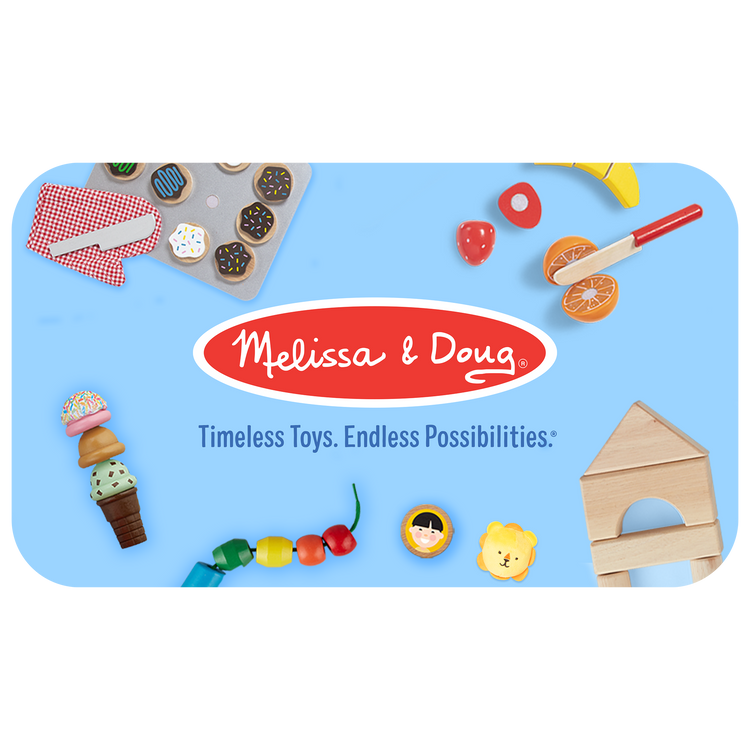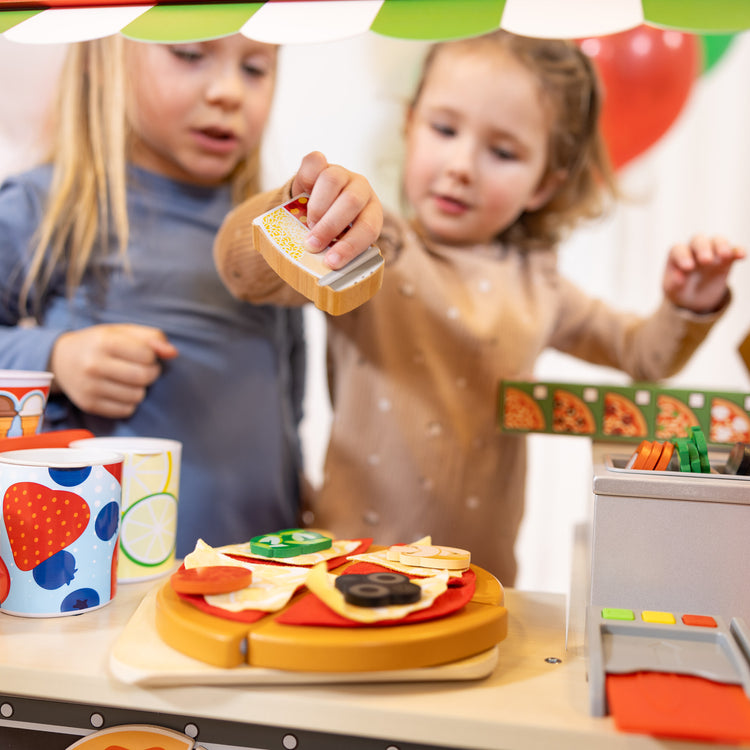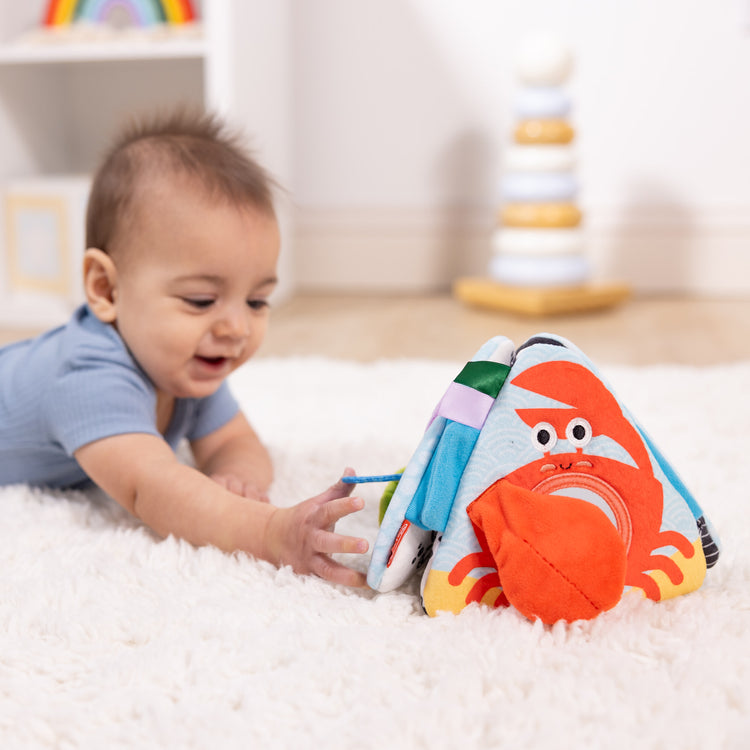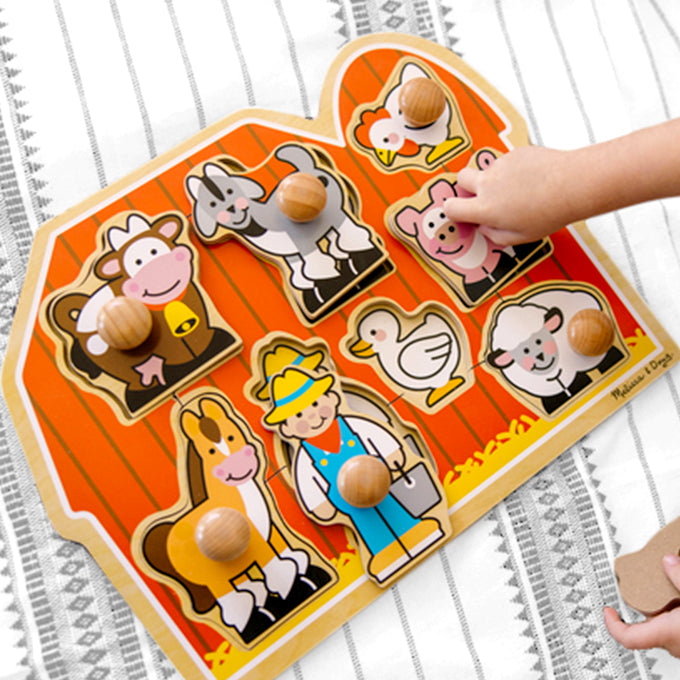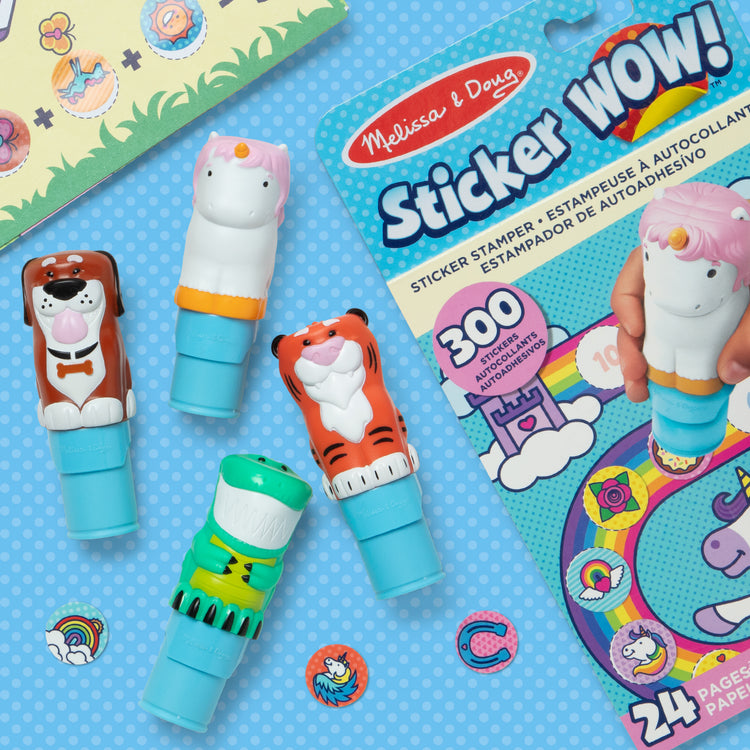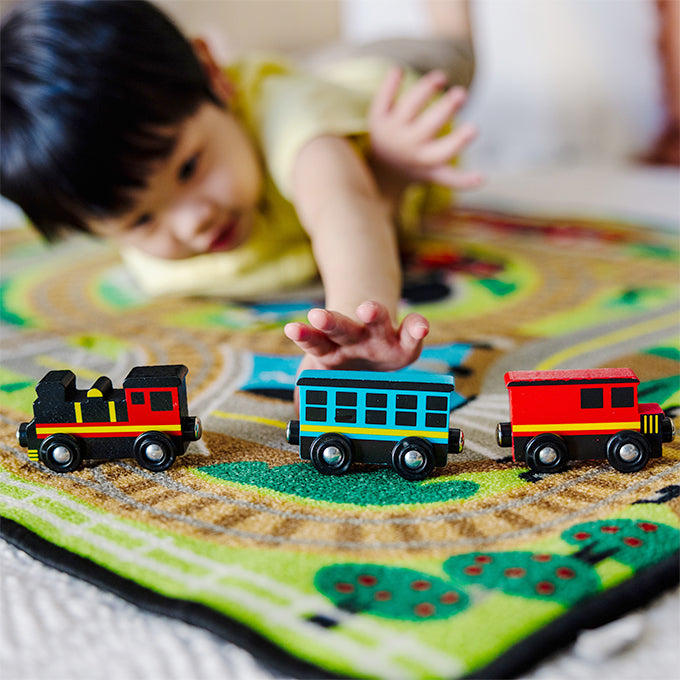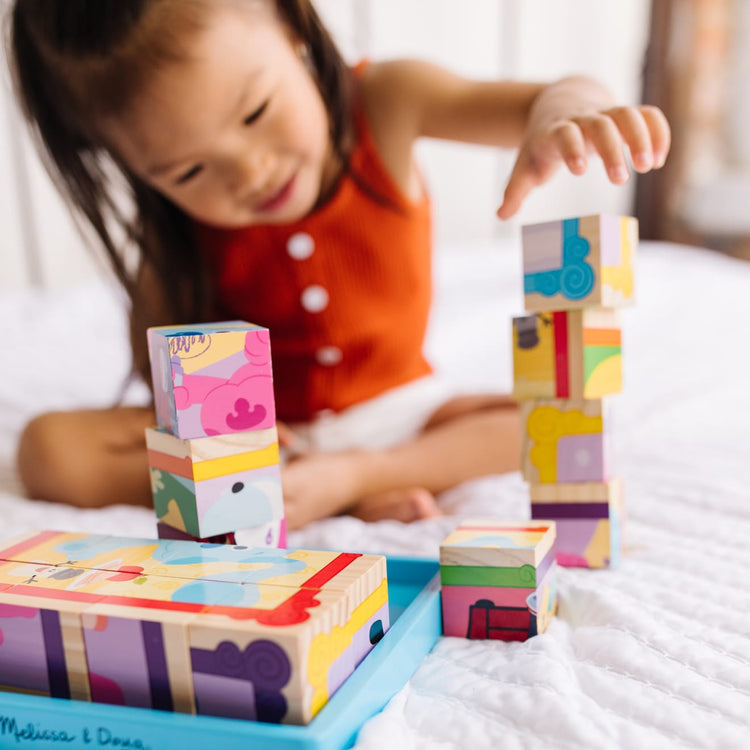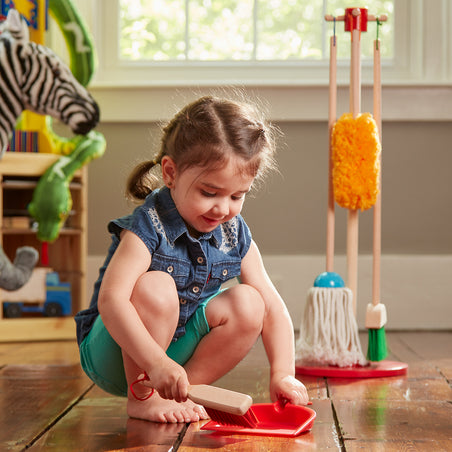5 of the Most Important Ways Pretend Play Benefits Children
In a recent blog post, we laid out ways to encourage your child to engage in pretend play. Not only is it a fun way to spend time with them, but it also creates the space for children to learn freely. Additionally, it’s a great way to help them develop essential skills. From social aptitude to fine motor skills, to problem solving and creativity, pretend play fosters cognitive thinking that will come in handy throughout childhood and adulthood.
With every story, adventure, and character your child creates, they are practicing life skills and creating connections with you and their friends. Children’s imaginations grow quickly during their first few years, and by leaning into pretend play, parents and caregivers can help them push their creative thinking skills to new heights.
Pretend play benefits children in countless ways, but here are five of the most essential.
#1: It Promotes Physical Development
Pretend play often involves physical activity. The more frequently your child imagines themselves in a scenario, the more likely they are to embrace it, whether they are pretending the floor is lava or they are climbing a mountain. With every fall and tumble, they are learning their own limits and boundaries and gaining more self-awareness about how they move through the world. Children strengthen their fine motor skills with pretend play as well. Building a plane out of blocks or dressing dolls requires them to use their hands and fingers in new ways, which helps them strengthen those muscles.
#2: It Teaches Teamwork and Empathy

When interacting with you or their peers in an imaginative play setting, children are learning crucial social and emotional skills. Pretend play helps create the foundations for them to understand the importance of teamwork—engaging cooperatively, taking turns, and communicating, for example. It’s also a great way to encourage children to temporarily step into a plethora of new roles. With each new character, they are learning how to embody different mindsets, motivations, roles and perspectives. And when playing with others, they are learning how to recognize and respond to different scenarios that are out of their control—which teaches them how to be flexible and understand someone else’s point of view.
#3: It Encourages Language Development

Imaginative play goes hand in hand with language development. In fact, it’s around the same time that children begin engaging in pretend play that many start speaking their first words. When children use one object to stand for another, such as pretending a spoon is a hairbrush, or a tablecloth is a cape, they are thinking symbolically. This is key to learning and using language, as words also stand for thoughts and ideas. Furthermore, when playing with parents or other children, they hear new phrases and words used in a variety of contexts and begin expanding their vocabulary. Coming up with different pretend play scenarios and negotiating the rules with others further reinforces language development.
#4: It Fosters Critical Thinking and Problem Solving Skills
Pretend play introduces countless scenarios with different conflicts to solve. Practicing how to problem solve in terms of story development helps kids understand cause and effect and how different solutions yield different outcomes. Pretend play helps children feel more independent by letting them dive deeper into their own internal world, giving them a sense of their identity, likes and dislikes. It also helps them learn as they go. They improve their memories and develop the ability to think more abstractly.
#5: It Builds Confidence and Independence
When you give your child free reign to use their imagination, you are giving them a safe space for trial and error. Pretend play empowers children to create their own stories, explore unfamiliar worlds and write their own rules. This helps them develop self-awareness, self-esteem and confidence as they learn to take risks, trust their instincts and follow their own lead.
Pretend play is so much more than just fun and games (although it’s definitely those things, too). It’s an essential component of every child’s health and development. When children harness the power of their imagination, they uncover new abilities and learn about the world around them. So, whether it’s dressing up as different characters, crafting fairytale stories or acting out scenes with stuffed animals, encourage your child to use their creative power, so they can reap the many benefits of pretend play.

